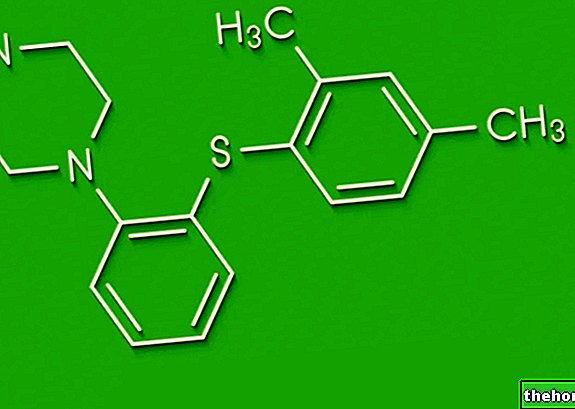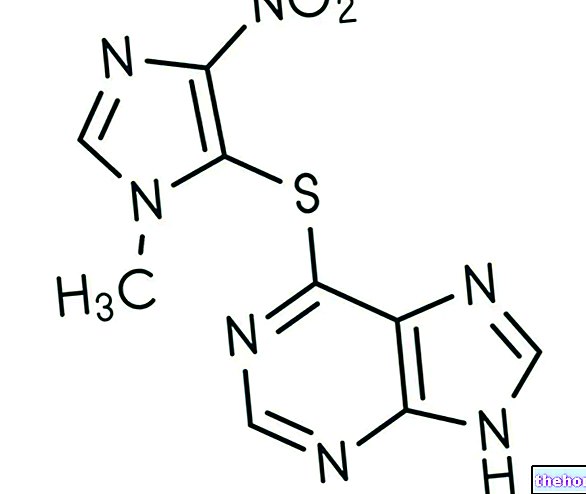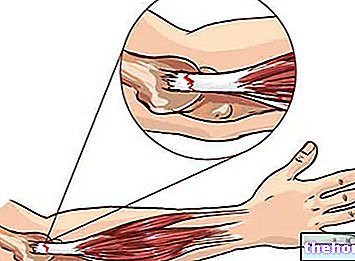Definition
Urethritis is defined as an acute or chronic inflammatory process affecting the urethra, the last tract of the urinary tract responsible for conveying urine outwards.
Causes
Urethritis is one of the most immediate consequences of bacterial, fungal and viral infections; the commonly responsible etiological agents are: Chlamydia trachomatis,Escherichia coli, Herpes simplex, Mycoplasma genitalis, Neisseria gonorrhoeae and Trichomonas.
Risk factors for urethritis: kidney stones, decreased immune defenses, cystitis, prostatitis (for men), unprotected sexual intercourse, incorrect intimate hygiene
Symptoms
Among the symptoms associated with urethritis, burning on urination and itching in the urethral meatus are the most common.However, the manifestation of asthenia, balanitis / balanoposthitis, bacteriuria, difficulty urinating, painful urination, dysuria, fever, postitis, blood in the urine, bladder tenesmus and foul-smelling / dark urine are also possible.
Information on Urethritis - Urethritis Treatment Drugs is not intended to replace the direct relationship between health professional and patient. Always consult your doctor and / or specialist before taking Urethritis - Urethritis Treatment Drugs.
Medicines
Given that the triggering cause of urethritis has infectious origins, the drugs of choice used in therapy are antibiotics; furthermore, since urethritis is a possible sexually transmitted disease, pharmacological treatment should also be extended to the partner with whom unprotected intercourse took place in the 60 days prior to the onset of symptoms.
Antibiotic treatment is essential to cure urethritis and to avoid complications (salpingitis, endometritis, pelviperitonitis):
Macrolides:
- Azithromycin (eg. Azithromycin, Zitrobiotic, Rezan, Azitrocin): 1g by mouth in single administration. Indicated for Chlamydial and non-gonococcal urethritis. For children under the age of 8, under 45 kg in weight, it is recommended to take 20 mg / kg (max. 1 g) orally. For children who have already reached the age of 8 and who weigh more than 45 kg, the administration of 1 g of drug is recommended (antibiotic therapy indicated in case of non-gonococcal infectious urethritis). Azithromycin is the drug of choice for the treatment of urethritis.
- Clarithromycin (eg. Biaxin, Macladin, Klacid, Soriclar, Veclam): it is recommended to take the drug at a dosage of 250-500 mg orally every 12 hours. The duration of therapy varies from 3 to 7 days according to the severity of the urethritis.
- Erythromycin (eg. Erythrocin, Erythro L, Lauromycin): take 250-500 mg of the drug or 400-800 mg every six hours, depending on the severity of the urethritis. It is also possible to take the drug parenterally, especially when the "urethritis causes complications: 1-4 g per day iv in divided doses every 6 hours or by continuous infusion. During pregnancy it is possible to take this drug at a dosage of 500 mg twice a day for 7 days. In particular, it is useful in case of urethritis from Chlamydia. Consult your doctor.
Tetracyclines: in general, it is recommended to administer 500 mg of the drug 4 times a day for 7 days, unless further indicated by the doctor; here is an example:
- Doxycycline (eg Doxycicl, Bassado): for non-gonococcal urethritis, it is recommended to take 100 mg of active ingredient orally once a day for one week. In case of chronic urinary infection, it is recommended to take 100 mg of active every 12 hours. The duration of treatment must be determined by the doctor.
Quinolones:
- Levofloxacin (eg. Levofloxacin, Tavanic, Aranda, Fovex): it is recommended to take one tablet of 500 mg orally once a day for 7 days. This drug is also prescribed for urinary tract infections in general: in case of severity, oral or intravenous administration of 250 mg of drug once a day for 10 days, or 750 mg a day for a period of 5 days, is recommended.
- Ofloxacin (eg Exocin, Oflocin): administer 200 mg of active ingredient orally every 12 hours in case of urinary tract infections generally without complications. Particularly active against E. Coli infection urethritis (duration of therapy: 3 days). For the other pathogens, treatment should be continued for at least 7 days, unless further indicated by the doctor. In case of complications, take 200 mg of oral medication every 12 hours, for 10 days.
In case of urethritis, it is also possible to take painkilling and antipyretic drugs (in case of altered body temperature), which help to alleviate the painful symptoms.
The choice of one pain reliever medication (NSAID) over another, and the duration of treatment, should be prescribed by the physician based on the severity of the symptoms.
Natural "drugs": in case of urethritis it is sometimes possible to rely on phytotherapy, useful for relieving (not treating) the painful symptoms. For example, the bearberry (Arctostaphylos uva-ursi) is an excellent disinfectant of the urinary tract: the therapeutic activity of bearberry is possible in an alkaline environment; in this sense, it is recommended to increase the pH of the urine with specific alkalizing agents (eg potassium citrate).
Urine acidification: the reduction of urinary pH seems to disfavour bacterial growth and proliferation. However, acidification of the urine is a rather complex process, although useful in the prevention of urinary infections in general and recurrent urethritis in particular.
It should be emphasized again: it is essential to extend antibiotic therapy to your sexual partner as well, in order to prevent the spread of the infection and prevent new episodes of urethritis.




























